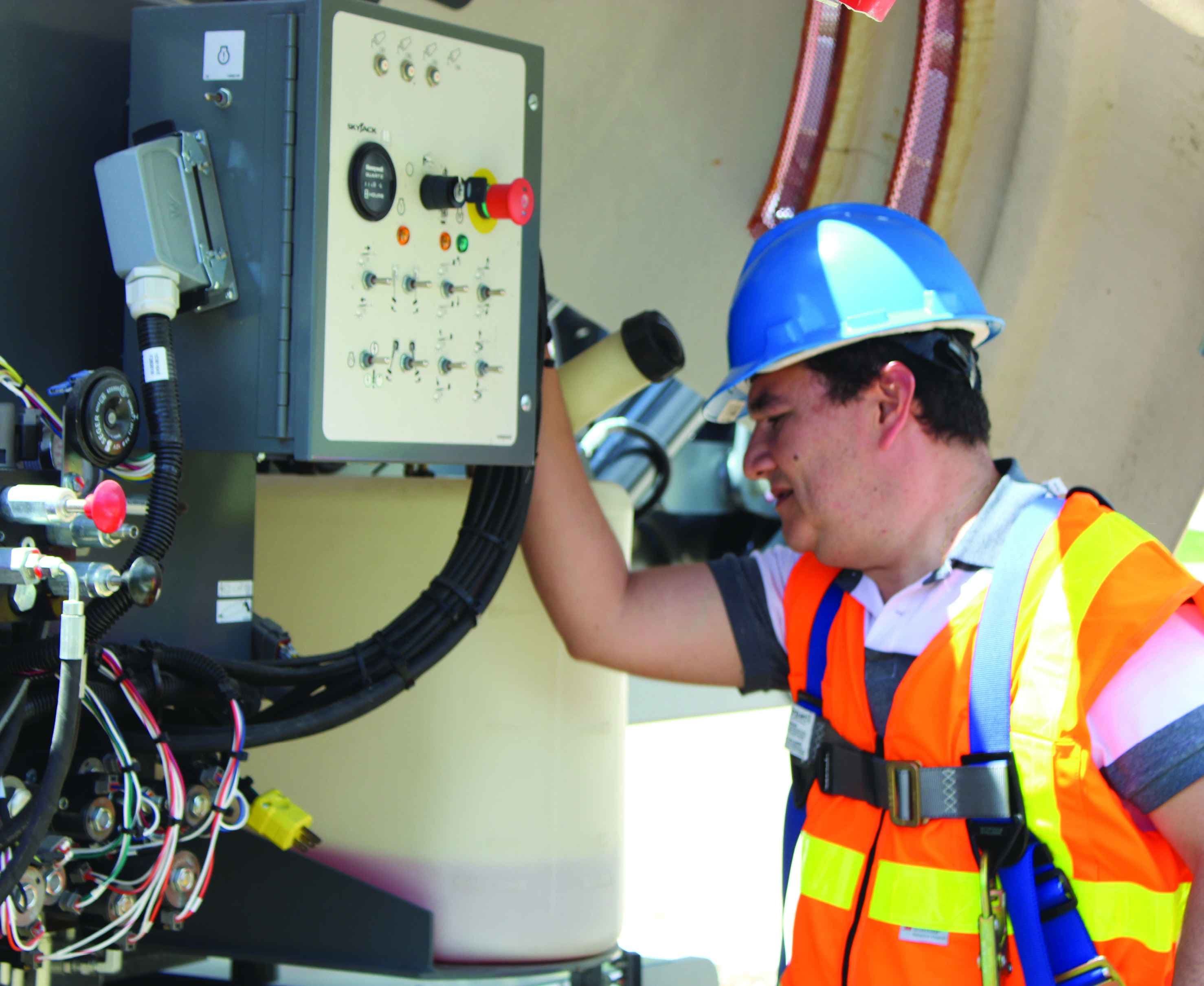What to Do When You Damage Rented Equipment
On construction sites, equipment damage is inevitable. When you damage rented equipment, your general liability insurance won’t cover it. However, you do have options, and it’s important to know the steps to take when you damage rented equipment, clarification of the legal fine print of rental contracts and how to select the best insurance for your rented equipment.
Know Your Responsibilities
Contractors should thoroughly read the contractual agreements provided by the rental company. You should know how you are expected to treat the equipment and what to do if it gets damaged.
If you damage rented equipment, notify the rental company right away. Most contracts contain verbiage regarding prompt notification of damaged equipment.
Next, document the damage and how it happened. You want to have your records of the incident. Even damage as tiny as a ding should be reported internally and to the rental company.
If the damage is significant — especially if working or structural components are damaged — stop using the machine. Even if the machine is still usable, stop using it. The rental company may want to send someone out to assess the damage, or they may be able to give you the go-ahead over the phone. There may be verbiage in the contract about not operating damaged equipment.
Usually, contractors who rent equipment are responsible for the following:
- Pay all costs to repair all damages (other than normal wear).
- Pay to replace any missing components.
- Pay full retail replacement cost if equipment is damaged beyond repair.
Also, if you enter into a legal dispute with the rental company regarding the contract, you could be responsible for their legal fees. A lot of contracts contain verbiage to that effect.
Rental Contract Fine Print
Rental agreements restrict equipment use to company personnel and a specific location.
Oftentimes, numerous companies work on the same job site. Sometimes, contractors share equipment with other companies on site. Sometimes, individuals working on site for another company use the machine without permission.
The bigger problem in that scenario is the company who rented the machine is liable for all equipment damages caused by the unauthorized individual. Rented equipment is non-transferable. The rental company doesn’t care whether the individual had permission or not, they’re just going to send you the bill for the damaged equipment.
When you rent the equipment, you notify the rental company where you will be taking the equipment. If you take the equipment offsite, you’ve broken your rental contract.
If you need to move the equipment to a new location, notify the rental company first. They can update the rental agreement and then you can move the equipment.
Which Insurance Is Best?
When you rent equipment from a rental company, they will offer you insurance, since your general liabilities insurance covers only equipment your company owns, not rents.
Rental insurance is usually 12% to 15% of the cost of the rental. The following factors determine the cost of the insurance:
- Equipment size
- Equipment type
- Equipment age
- Duration of coverage
- Deductible size
Rental insurance covers damages to the equipment, including vandalism, but it won't cover damage caused by misuse and abuse — and it won't cover maintenance issues. The company renting the equipment is still responsible for the proper use and maintenance of the machine. It also covers theft.
Some people confuse rental insurance and a damage waiver. Rental companies use a damage waiver to limit the amount a customer can be charged for damages.
General liability insurance can cover most of a contractor’s tools and equipment. However, you may need commercial auto or equipment insurance for mobile equipment or heavy equipment.
Loss-of-use insurance will compensate you when your machine breaks down for the earnings you would have earned during the machine downtime.
Replacement-cost coverage pays the full cost of replacing equipment that had been damaged beyond repair or stolen.

